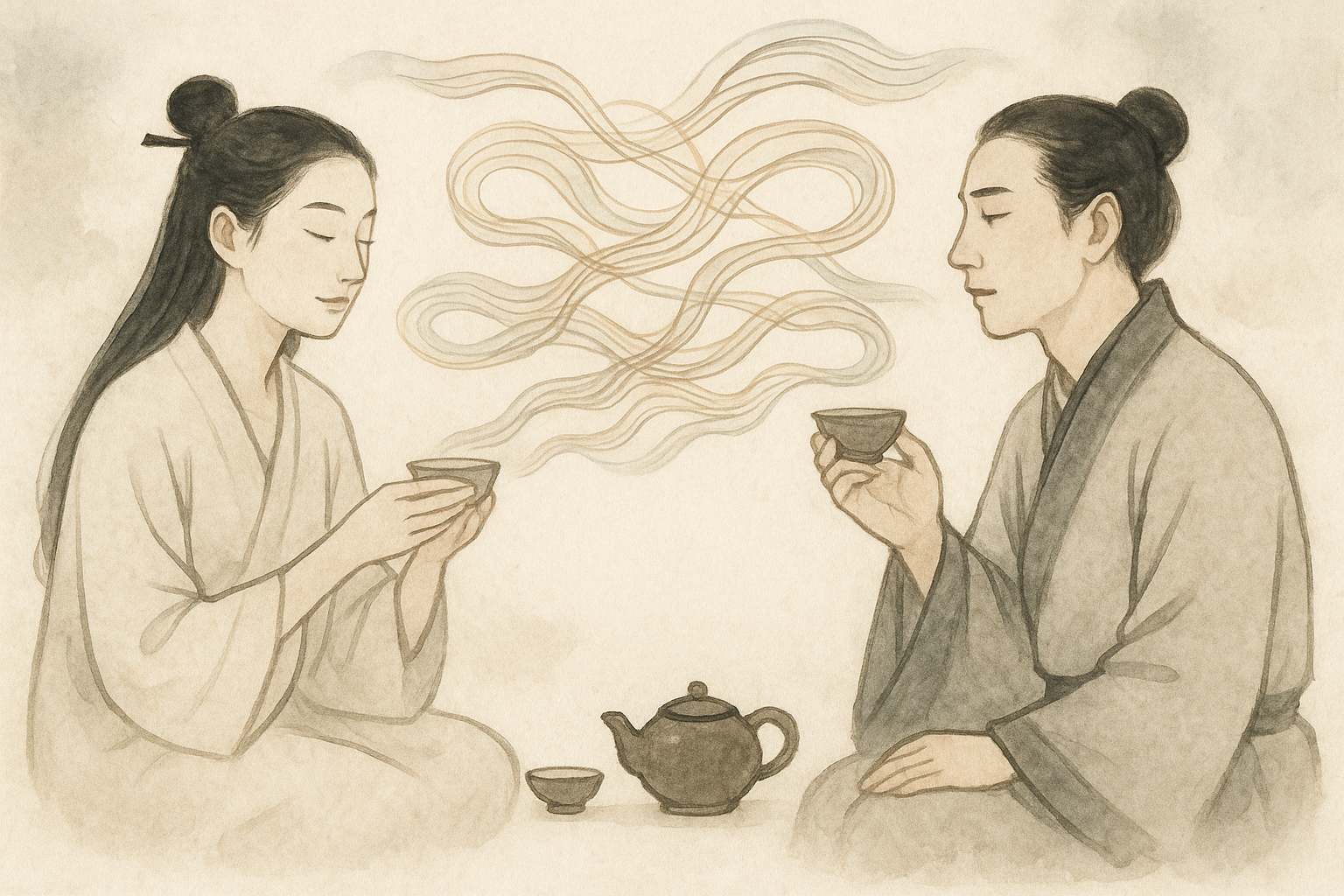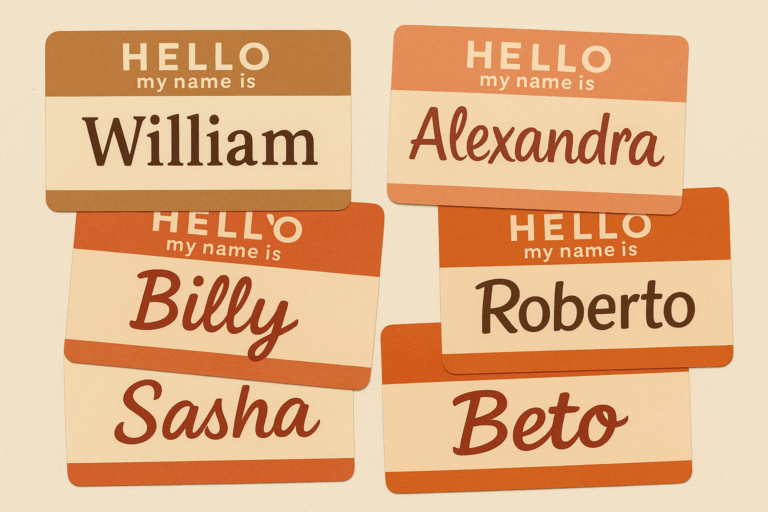Ever been in a conversation where you ask a simple “yes or no” question and receive a vague, non-committal answer like, “I will study the possibility,” or “That may be a little difficult”? If you’ve interacted with people from China, Japan, or Korea, this scenario might feel familiar. It’s not necessarily evasion; it’s a sophisticated linguistic dance, and the music it moves to is the all-important concept of “face.”
Face—or miànzi (面子) in Mandarin, chaemyeon (체면) in Korean, and mentsu (メンツ) in Japanese—is far more than personal pride or reputation. It’s a form of social currency, a measure of one’s prestige, honor, and social standing that is constantly being negotiated, given, saved, and lost in every interaction. Understanding this concept is the key to unlocking the logic behind many of the politeness strategies that can seem puzzling to outsiders. It’s a system where communication is designed not just to convey information, but to maintain social harmony and protect everyone’s dignity.
What Exactly Is “Face”?
In Western individualistic cultures, “saving face” often implies avoiding personal embarrassment. In the more collectivist societies of East Asia, face is a much broader and more communal concept. It’s a reflection of your standing within your social network—your family, your company, your community. Your actions don’t just affect your own face; they can cause your boss, your parents, or your entire team to gain or lose face.
This social capital has two key components:
- Lian (廉): This is the face associated with one’s moral character and integrity. To lose lian is to be judged as untrustworthy or immoral—a serious social transgression.
- Mianzi (面子): This refers to one’s prestige and reputation built from success, wealth, and powerful connections. Mianzi is more fluid and can be gained through promotions, compliments, or by being associated with respected people.
The primary goal of polite communication is to skillfully navigate interactions to ensure that no one loses face, and, if possible, that face is given. Language is the primary tool for this delicate operation.
The Linguistic Toolkit for Saving Face
Navigating the complex world of face requires a specialized linguistic toolkit. These strategies are not optional frills; they are fundamental to competent social interaction.
The Art of Indirectness and Ambiguity
A direct “no” can be a brutal act in a face-conscious culture. It doesn’t just reject the proposal; it can reject the person making it, causing them a significant loss of face. At the same time, if the person asking is of a higher status, a direct refusal could be seen as insubordinate, causing the speaker to lose face as well.
To avoid this conversational car crash, indirectness is a crucial skill. Consider these common ways to refuse without saying “no”:
- In Japanese: 「それはちょっと難しいですね…」 (Sore wa chotto muzukashii desu ne…) – “That’s a little difficult…” The trailing “…” and the word “little” are key. The message is clear to a native speaker: It’s impossible.
- In Mandarin: 「我考虑一下。」 (Wǒ kǎolǜ yīxià.) – “I’ll think about it.” This often means “no,” but it gives the requester a graceful exit, allowing them to drop the subject later without being explicitly rejected.
- In Korean: 「한번 검토해 보겠습니다.」 (Hanbeon geomtohae bogetseumnida.) – “I will review it once.” Like the Mandarin example, this defers the decision and softens the potential refusal.
This ambiguity allows both parties to save face. The speaker avoids being confrontational, and the listener is given the chance to “take the hint” and retreat gracefully.
Honorifics and Humble Language: The Grammar of Respect
Japanese and Korean have complex grammatical systems built around showing respect, and they are intrinsically linked to face. Using the correct form is not just polite; it’s a way of acknowledging and affirming the other person’s social status, thereby giving them face.
In Japanese, this is most evident in keigo (敬語), the honorific language system:
- Sonkeigo (尊敬語): Honorific language that elevates the other person. To ask if a customer will eat, you’d use 召し上がりますか (meshiagarimasu ka?) instead of the plain 食べますか (tabemasu ka?).
- Kenjōgo (謙譲語): Humble language that lowers yourself or your in-group. When saying you will eat, you might use いただきます (itadakimasu), which literally means “I humbly receive.”
Similarly, Korean uses honorifics extensively, often by adding the infix –si– (-시-) to verbs when the subject is someone you need to show respect to. For example, “to read” is ikda (읽다), but if your grandfather is reading, you would say ilgeusida (읽으시다).
Getting these wrong can be a major faux pas. Using plain language for a superior can cause them to lose face, while using honorifics for yourself is laughably arrogant.
Softening the Blow: Cushion Words and Apologies
Before making a request, criticism, or refusal—all of which are potentially face-threatening acts—speakers often deploy “cushion words” (in Japanese, クッション言葉, kusshon kotoba) to soften the impact.
Think of them as conversational airbags. Phrases like:
- 「恐れ入りますが…」(Osoreirimasu ga…) – “I’m sorry to trouble you, but…” / “I know this is a bold request, but…”
- 「失礼ですが…」(Shitsurei desu ga…) – “Excuse me for my rudeness, but…”
- 「申し上げにくいのですが…」(Mōshiagenikui no desu ga…) – “This is very difficult to say, but…”
These phrases signal that the speaker is aware of the social imposition they are about to make. This show of deference gives face to the listener, making them more receptive to the message that follows.
The frequent use of “sorry” is also part of this system. The Japanese word 「すみません」(sumimasen) is a perfect example. It can mean “Sorry,” “Excuse me,” and “Thank you.” When someone gives you a gift, saying sumimasen acknowledges that they went to some trouble for you—an imposition you are grateful for. It’s a way of rebalancing the social scales and managing face for both parties.
It’s Not Evasion, It’s Harmony
To an outsider accustomed to direct, “tell it like it is” communication, this linguistic dance can feel inefficient or even dishonest. But that’s a misunderstanding of its purpose. The goal isn’t just to transmit data with maximum efficiency; the goal is to maintain group harmony (known as 和, wa, in Japan) and preserve the dignity of everyone involved.
Learning a language like Japanese, Korean, or Mandarin goes beyond vocabulary and grammar. It requires learning the unspoken rules of the social stage. Understanding the intricate, pervasive concept of face is your ticket to a much deeper and more meaningful level of communication, transforming potentially confusing interactions into a graceful performance where everyone comes away with their dignity intact.








